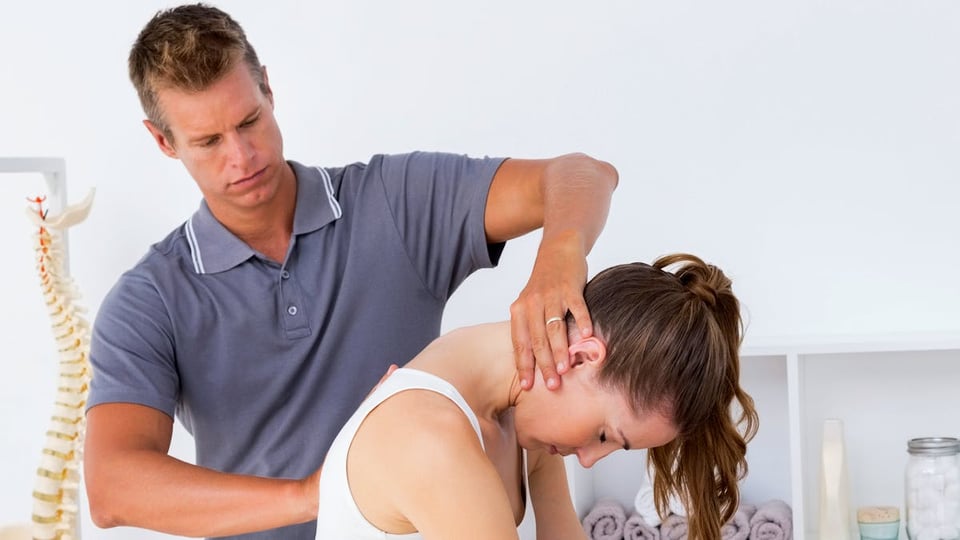Description
Neck pain is a common complaint among the general population and studies indicate that the overall incidence of neck pain is increasing worldwide. Clinicians need up to date, evidence-based, assessment and intervention tools to effectively restore mobility, reduce disability, and teach patients how to maintain optimal function of their neck. This course will outline and demonstrate biomechanical assessments that guide effective hands on mobilization techniques to improve movement/pain relationships.Therapists attending this course will learn these new mobility assessment techniques and implement the skills they learn in this course immediately to improve the lives of their patients.
Highlights
- Practical assessment and reassessment strategies to quickly identify mobility deficits and functional impairments of the cervical spine
- Immediately improve your patient’s mobility and symptoms using powerful hands on techniques
Learning Objectives
- Examine the assessment strategy and treatment concepts to improve mobility deficits of the cervical spine.
Course Content
Effective Manual Therapy Techniques for Mobility Deficits of the Cervical Spine
| SCORM Package | | |
Next Steps
| Module | | |
- Improving Functional Movement and Pain Relationships
- Biomechanics and mobility assessments
- Manual therapy techniques
- The home exercise program and other tools to reinforce mobility gains
Matthew Randall, PT, DPT, OCS, SCS, MTC, CSCS, CYT-200 is
a board certified Orthopedic (OCS) and Sports Clinical Specialist (SCS),
who currently practices at the outpatient clinic at Intermountain Hospital in
Park City, Utah. Dr. Randall earned a Bachelor's degree in exercise
science from Brigham Young University in 2005 and a Doctorate of
Physical Therapy from the University of St. Augustine for Health Sciences
in 2007. After graduating from the Orthopedic Residency program at The
Jackson Clinics in northern Virginia, he returned to The University of St.
Augustine to pursue further training and certification in manual therapy
(MTC). As a Certified Strength and Conditioning Specialist (CSCS) and
Yoga Instructor (CYT-200), Matthew believes that helping patients optimize
their movement patterns and improve exercise habits allows for greater
healing and quicker return to their fitness and wellness goals.
Dr. Randall was involved in physical therapy education early on in his
career as he began serving as a clinical instructor for physical therapy
students and as a mentor in The Jackson Clinics Residency program. He
has taught courses related to orthopedics throughout the United States
through Summit Education since 2016. He currently helps to organize
clinic improvement meetings and serves in the role of SCCE in his
outpatient department to coordinate physical therapy student internships.
His objective is to help shorten the gap between research and clinical
practice and help practitioners effectively apply what they learn in order to
improve their patients' lives. Matthew is interested in the rehabilitation of
orthopedic conditions of all kinds, particularly the treatment of spinal
dysfunctions. His passion is helping patients through the recovery process
from injuries related to the spine, especially the lower back. Additionally, he
has extensive experience in athletic injuries, post-operative rehabilitation,
and working together with patients to design exercise programs to
transition from therapy to sport.
He enjoys spending time exploring the beauty of the outdoors, especially
around the mountains in Utah, snowboarding, playing ultimate frisbee, and
training for triathlons.
DISCLOSURES
FINANCIAL: Matthew Randall is compensated by Summit as an instructor.
NONFINANCIAL: Matthew Randall has no nonfinancial relationships to disclose.
Click here to check accreditation for this course.
